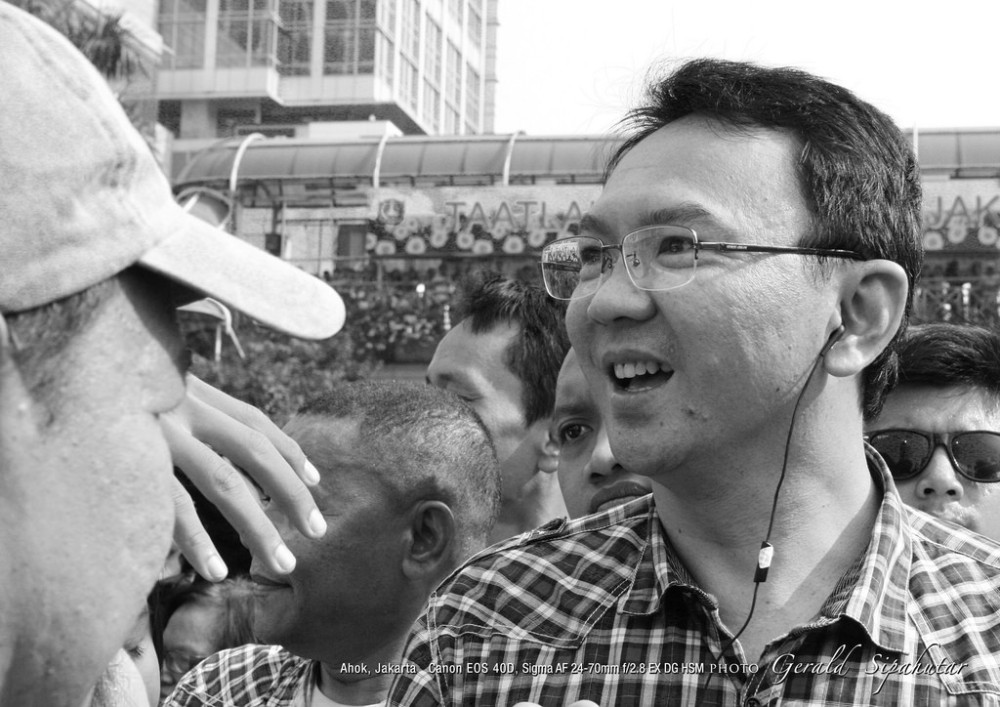Indonesian Christian leader jailed under blasphemy law

Basuki Tjahaja Purnama, an Indonesian Protestant whose popularity as a politician in the world’s largest Muslim nation appeared to be a sign of interreligious tolerance, was convicted of blasphemy and sentenced to two years in jail.
The head judge of the Jakarta court sentenced him on May 9, according to news reports. Last year Basuki had accused his political opponents of using a verse of the Qur’an deceptively “to say Muslims should not be led by a non-Muslim,” Reuters reported. “An incorrectly subtitled video of his comments later went viral, helping spark huge demonstrations that ultimately resulted in him being brought to trial.”
Basuki, who is known by his nickname, Ahok, has been governor of the Indonesian capital, Jakarta, and its surrounding region since 2014, leading about 40 million people in the nation of 250 million. He lost the election for another term as governor in April. His current term ends in October.





